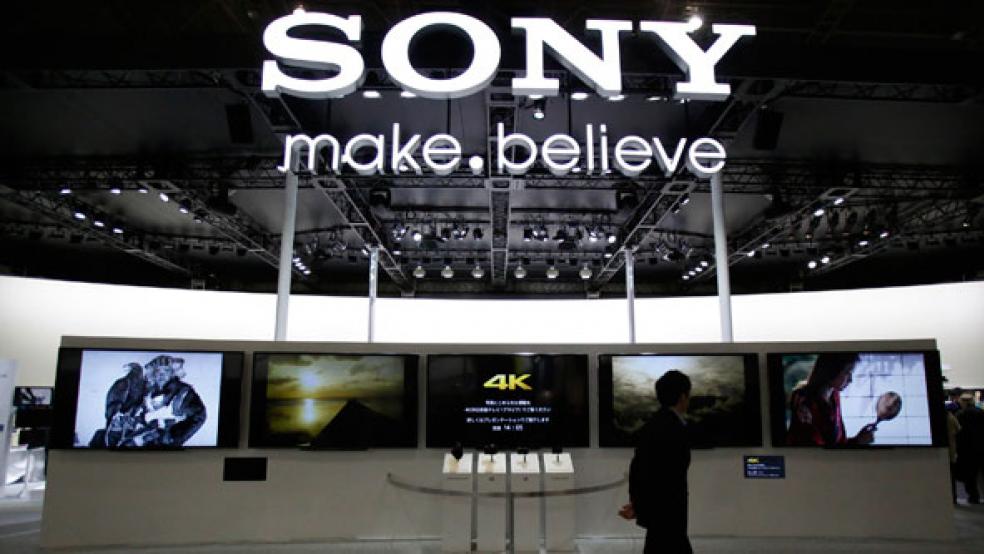High-brow art house theaters and low-key college town cinemas became the unlikely stars of a Hollywood comeback by convincing the powerful Sony Pictures studio on Tuesday to let them screen "The Interview," the film shunned by the multiplexes and corporate chains.
Film buyer Jan Klingelhofer found herself in down-to-the-wire dealings with a studio known for its careful planning. "I think everybody has been doing a certain amount of this on the fly," said Klingelhofer, who runs Pacific Film Resources in Oakland, California.
Related: Obama Downplays Sony Hacking - 'Not an Act of War'
"This is completely atypical of Sony's usual deliberate and precise manner of doing business," she added. "They've really had to step up."
Independent cinemas normally would not be considered the landing spot for a lowbrow satire starring Seth Rogen and James Franco, leadings stars for stoner, gross-out comedy. "The Interview," co-directed by Rogen, depicts a fictional plot to assassinate North Korea leader Kim Jong Un and has incensed the reclusive nation now blamed for a devastating cyberattack on Sony Pictures.
The Hollywood studio said last week that it pulled "The Interview" after the biggest North American theater chains backed out citing security concerns.
Sony Corp's reversal came after it faced criticism from the public and President Barack Obama that the Hollywood studio had capitulated to hackers and self-censorship.
Related: Obama: Sony Should Have Been #BostonStrong
Russell Collins, who runs the State Theatre in Ann Arbor, Michigan, said he launched an online campaign among the industry's independent theaters to screen "The Interview" to support free speech.
Sony Pictures said more than 200 U.S. theaters will screen the $44 million film as of Christmas Day, less than 10 percent of the number of theaters in a typical wide release. "We were happy to play a role to support the colleagues we work with at Sony and be sympathetic with their great difficulty to exhibit the film," Collins said.
Klingelhofer, who negotiated the film for Collins, said the agreements with independent cinemas were put together so quickly there was no talk of minimum-length runs.
"They were much more open to a non-standardized arrangement than they would be normally," she said, adding that any security arrangements at cinemas would be left to theater operators.
Klingelhofer surmised that issues could arise down the road between Sony and some art house theaters over ticket prices.
"There will probably be something that will come around and bite them or the exhibitors because it was done in haste," she said.



